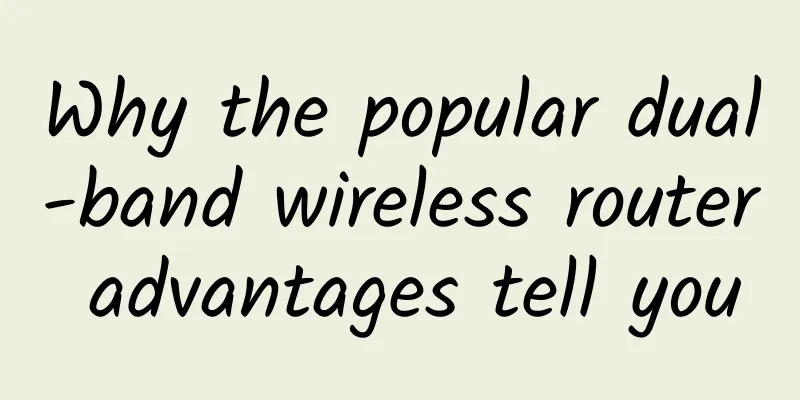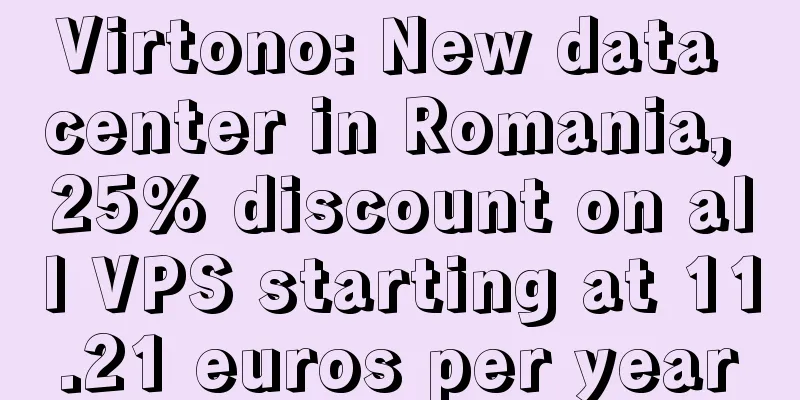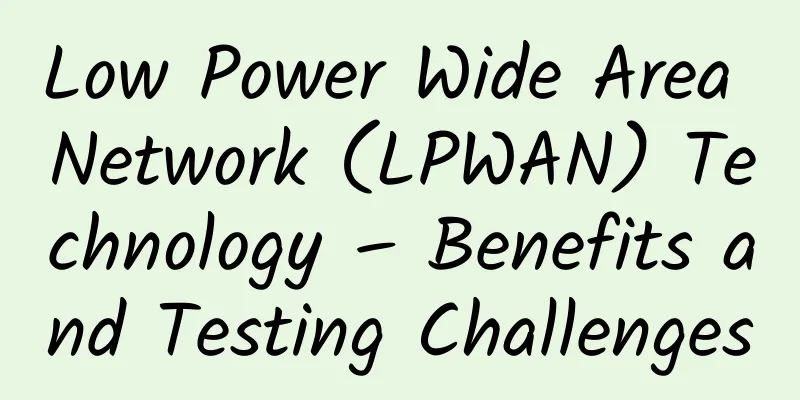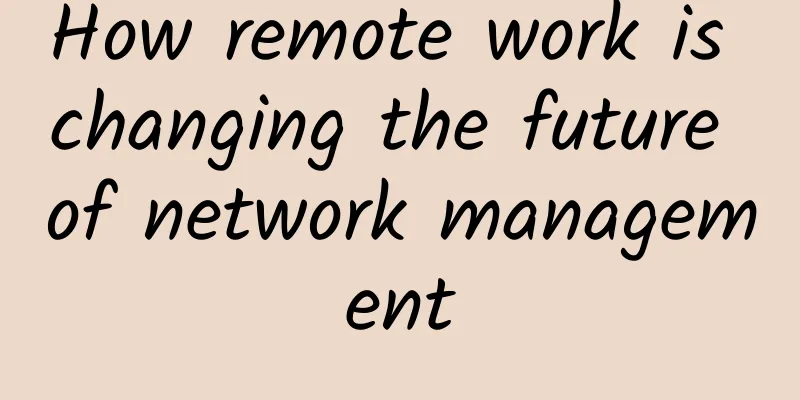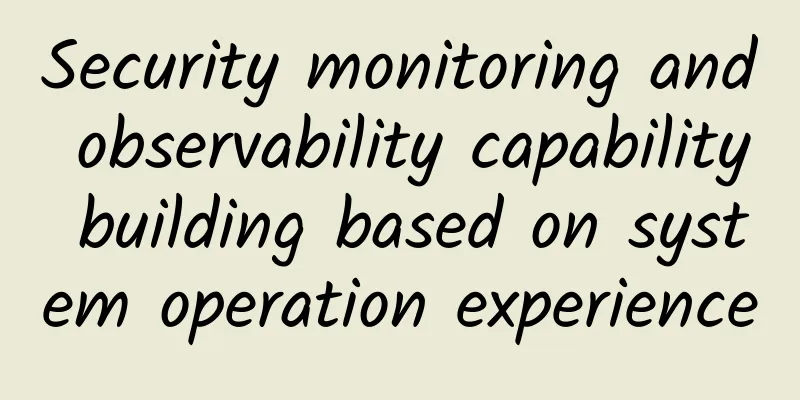What kind of sparks will be created when the hottest blockchain meets the most popular sharing economy?

|
Where does the “mutual trust” of the sharing economy come from? Although the current sharing economy market seems to be booming, with various sharing products emerging one after another and strong innovative attributes, it still adopts a very traditional business model. Whether the sharing concept is just a "utopia" and whether the sharing economy will only become a tool for business development in the future is still a question worth pondering. The essence of the sharing economy is to share information and resources seamlessly, directly and efficiently between strangers, thereby creating value that benefits both parties. To achieve this goal, the premise is that both parties trust each other, but since the two parties in the transaction are strangers, where does mutual trust come from? Therefore, platforms that provide trust and promise fulfillment have emerged, such as Airbnb, Uber, and Didi Taxi. By building and maintaining technical platforms, they aggregate, reorganize, and allocate scattered resources and needs, verify the true identity, professional qualifications, and background information of suppliers and demanders, provide transaction information, payment tools, and review records, and ultimately facilitate transactions between the two parties. Although the platform is still working hard to improve the level of trust in the sharing economy, it can never guarantee that transactions between people are completely trustworthy. Is there a technological solution that can completely remove the intermediary between the parties to the transaction? Is there a system that enables people to trade directly with anyone and is protected from being cheated, while no one owns the system and therefore there is no one collecting commissions? Blockchain technology makes it possible to solve the above problems. About blockchain Blockchain is the core technology of Bitcoin. It is the most innovative and can be used to build a completely transparent, ownerless, decentralized system that can ensure the security of transactions between various parties, including people, companies, and even governments, without any form of intermediary. The transaction system in the blockchain is immutable and each transaction can be tracked in the allocated ledger. Smart contracts fully set the parameters and conditions for all bilateral transactions, so the blockchain no longer needs any "trusted intermediary" or guarantor of credit between strangers. The biggest problem of the Internet in the era of big data is the inability to solve the trust problem. Although the Internet has made the interaction between the world closer and closer, it is accompanied by a huge trust gap. Although the mainstream database technology architecture uses distributed technology, it is private and centralized. A decentralized network is not constrained by any center, and will not affect others because of someone's joining or leaving. It can ensure the security of data through encryption algorithms and facilitate access, ensuring that anyone can freely join the market. Just like Uber and Airbnb, decentralization and disintermediation will always be the themes of the Internet, but blockchain makes it easier to do, and everyone has the opportunity to use blockchain technology very easily to achieve the functions they need.
Blockchain: Creating a new stage of sharing economy Blockchain technology has rapidly penetrated into the fields of finance, insurance, etc. due to its outstanding technical features - openness, transparency, uniqueness, and security and reliability. The core of blockchain - mutual trust and sharing - is completely consistent with the concept of sharing economy. Therefore, we have reason to believe that blockchain can play a big role in the field of sharing economy, thus promoting the development of sharing economy to a higher stage. 1. The decentralized nature is highly consistent with the purpose of the sharing economy. As a decentralized consistent shared data ledger, blockchain, under this architecture, the operation of the entire system is open and transparent, which will make the sharing economy easier. 2. With the help of smart contract technology, operations that meet certain conditions are automatically executed, making more goods "shared" and greatly reducing the cost of contract establishment and execution. The "Tencent Blockchain Solution White Paper" shows that Tencent is applying smart contracts to areas such as bicycle rental and house sharing. If this kind of smart contract is applied to today's popular shared bicycle field, it may bring new changes to the entire industry. 3. One of the most important issues in the sharing economy is the credit issue, but blockchain can easily solve the user's trust problem and break the trust barrier of the sharing economy. Transactions such as e-commerce are business models based on trust between buyers and sellers. The application of blockchain technology and decentralized trust allow individuals to directly connect, share and trade. It is a platform that can truly realize peer-to-peer transactions and a sharing economy.
Overall, driven by policies, industry giants, entrepreneurs and capital, blockchain will leap forward at a faster pace. Driven by blockchain, the sharing economy will truly explode in various fields and bring more inclusive value to the entire society. |
<<: What is missing for blockchain to be used commercially on a large scale?
>>: Blockchain technology will change the world in these four ways
Recommend
Sina Weibo Hou Qinglong: Weibo LNMP architecture in the new era
【51CTO.com original article】Just last week, the W...
What are digital certificates and signatures? This article explains it very well
Hello everyone, I am Brother Ming. I sorted out s...
DMIT: $100/year Triple Network CN2 GIA-2GB/40GB/2TB/Los Angeles CN2 GIA
Today, many friends are sharing the last promotio...
Sharktech: $59/month-E3-1270V2/16G memory/500G SSD disk/1Gbps unlimited traffic/Los Angeles data center
After we shared Sharktech's special promotion...
Li Xue: Today's goal is to grow together with the company
[51CTO.com original article] As enterprises have ...
A quick overview of 5G industry developments in May 2021
After the rapid development in 2020, 2021 is a cr...
Embedded CAN Bus Introduction (Low-Level Details)
[[377418]] 1. Introduction CAN bus was developed ...
Maxthon Hosting 20% off on all VPS: US/Hong Kong/Germany/Netherlands CN2 line 2G memory package starting from 54.4 yuan per month
Maxthon Hosting still offers a 20% discount code ...
[11.11] Maxthon Hosting: 25% off on all VPS, top up 111 yuan and get 111 yuan free, US CN2/Hong Kong CN2/Germany CN2/Netherlands CN2/Hong Kong High Defense, etc.
Maxthon Hosting has released this year's Doub...
5G construction enters the fast lane, with base stations, applications, and terminals in full bloom
2020 is a critical year for my country's 5G c...
JD.com's Lv Jianwei: Black technology leads the new era of e-commerce
[51CTO.com original article] On July 21-22, 2017,...
SDN, the new decade, rethinking: the transformation has shown its edge, and the dawn of intelligence is beginning to emerge
Technological innovation remains the most appropr...
Factors that affect OSPF neighbor relationships, OSPF neighbor issues: network and subnet mask
1. OSPF troubleshooting: Multi-point access netwo...
Huawei CEO Ding Yun: Lighting up the future and releasing new value of connectivity
[Shenzhen, China, February 8, 2020] Today, at the...
It is easy to raise a sail in the river, but it is difficult to sail against the current - Huawei is making full efforts in the public cloud 2.0 era
[51CTO.com original article] Recently, Huawei and...
